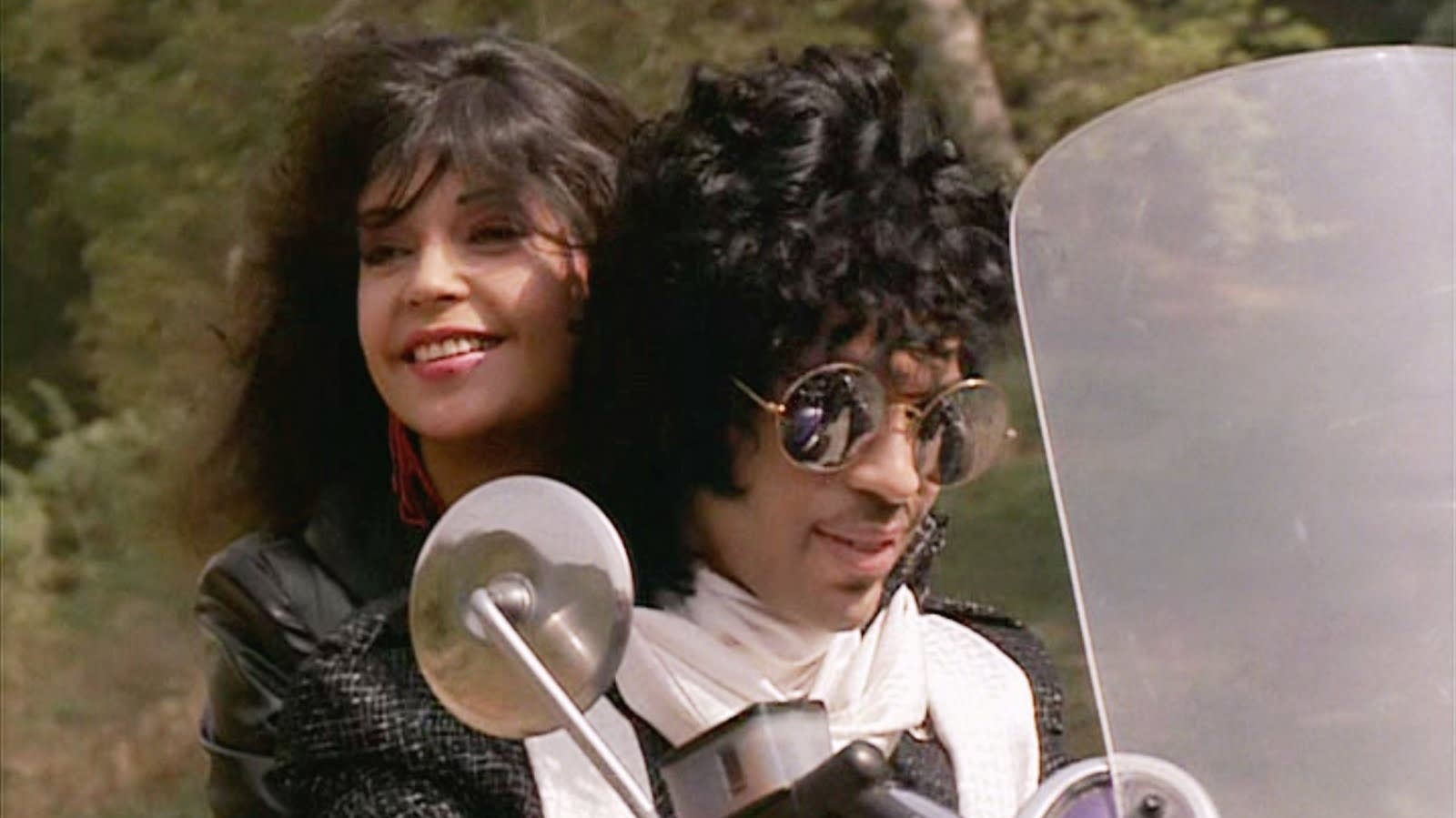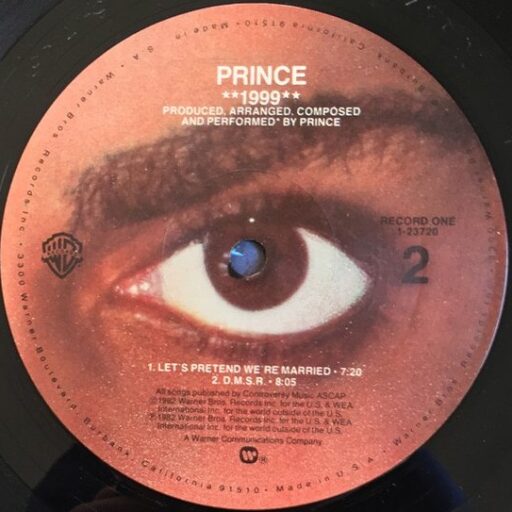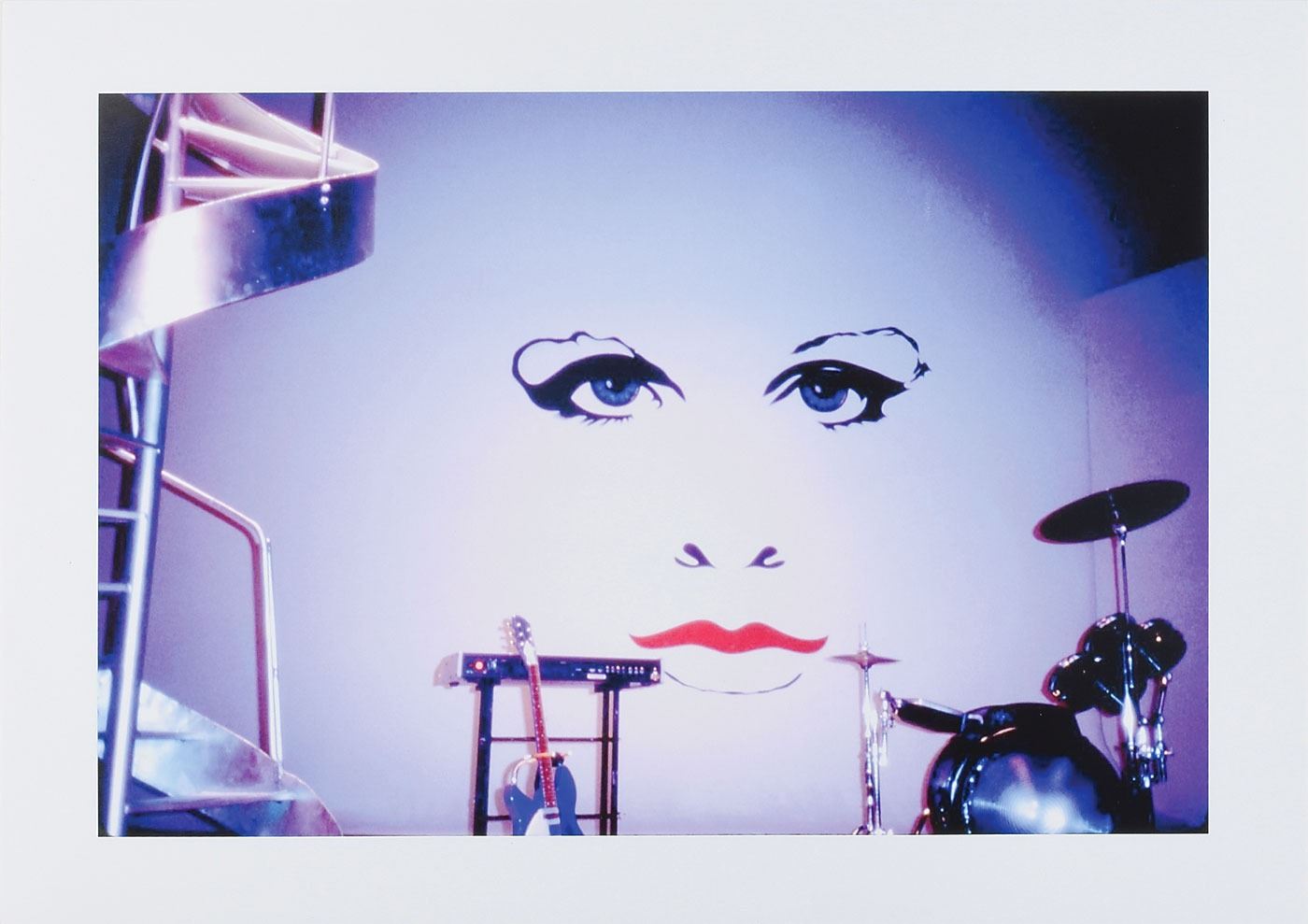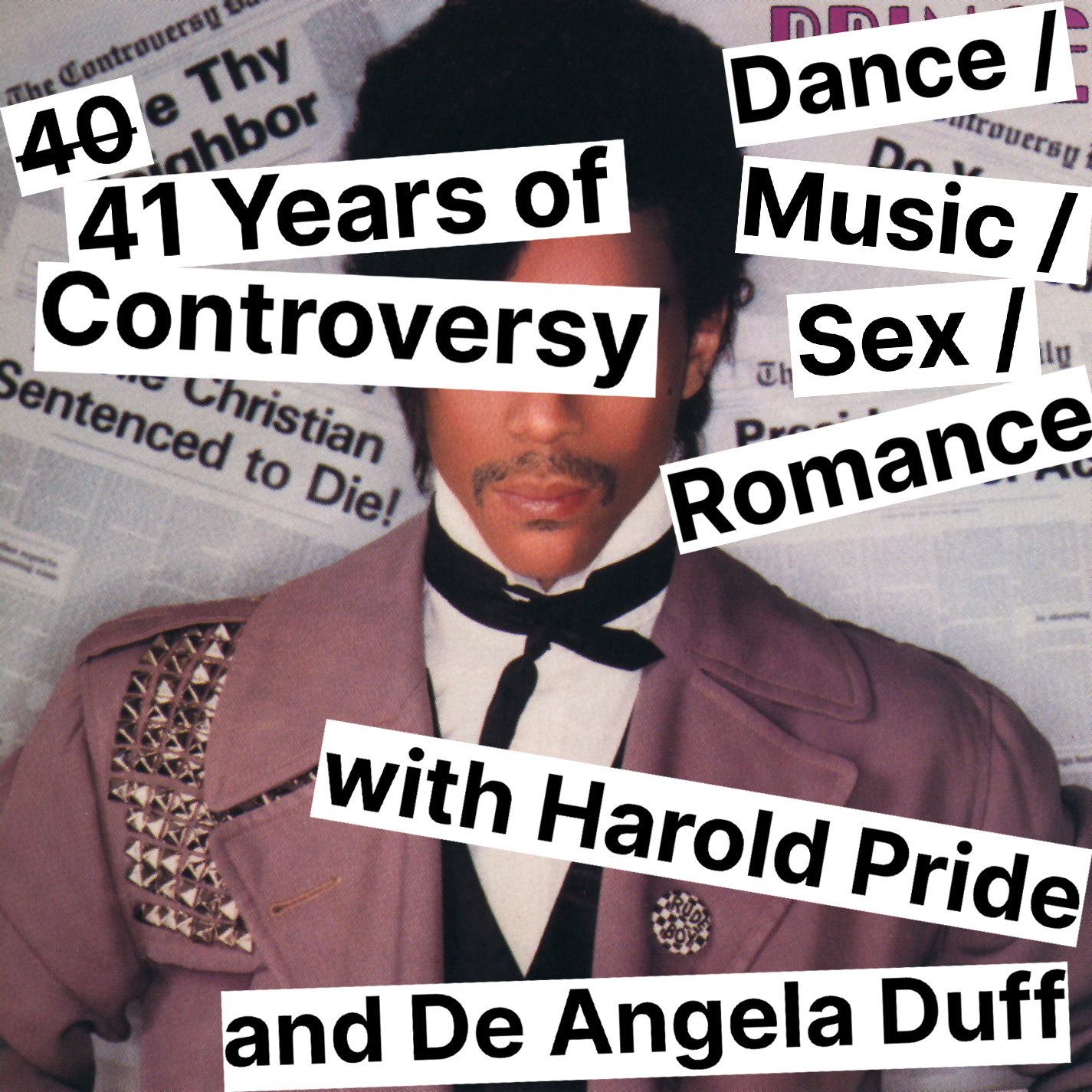Tag: bobby z
-

Take Me with U
“Take Me with U” has to do a lot of heavy lifting to make its part of the movie work, and it’s a testament to its sturdy construction that it works as well as it does.
-
Computer Blue
Prince’s portrayal of a sentient, lovelorn CPU tapped into contemporary anxieties that society’s dependence on computers would have a dehumanizing effect, with cold logic taking the place of feelings and empathy.
-
Purple Rain (Verse 2)
Listening to the recording today, almost 40 years after it was captured from a mobile unit parked outside First Avenue, is an almost eerie experience.


